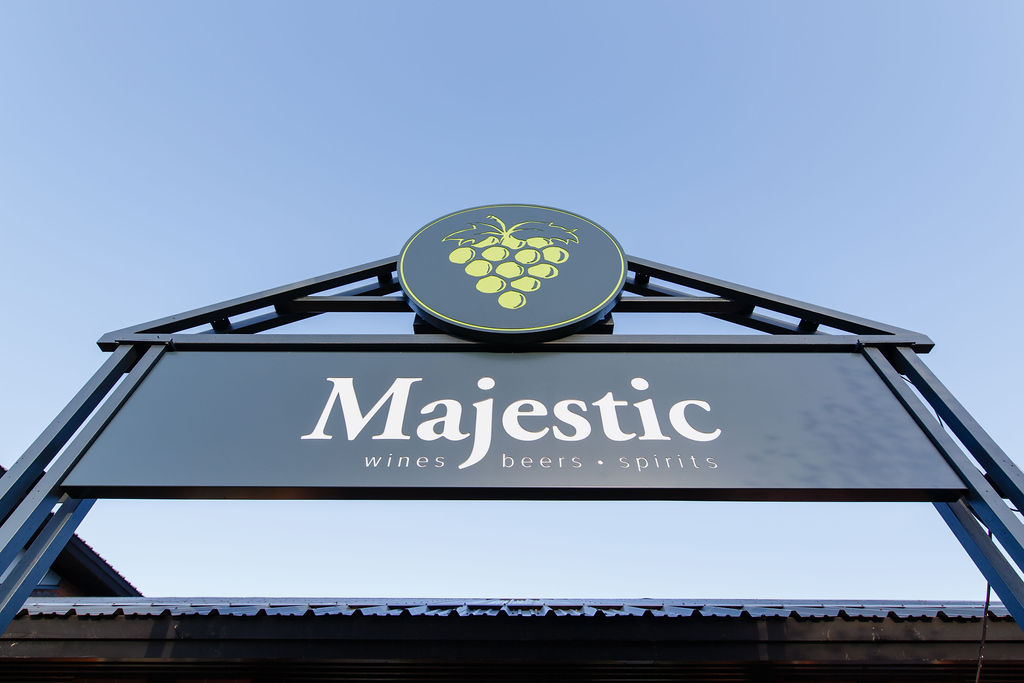An investigation by consumer champion Which? has found that many products could be at risk of failing rules designed to prevent greenwashing.
The consumer champion used AI software to go through over 20,000 online product listings making environmental claims.
Its researchers then looked at 1,000 online product descriptions in more detail across a variety of categories across several retailers including Argos and Tesco.
Which? Found that 62 per cent of products failed checks in relation to multiple principles of the Competition and Markets Authority’s (CMA) Green Claims Code, which the consumer group said suggested systemic issues with how eco-friendly credentials are being communicated.
The CMA introduced the Green Claims Code in 2021 to combat greenwashing, protect consumers from being misled, and to promote fair competition among businesses by ensuring that those making genuine environmental claims are able to benefit from them.
Some 84 per cent of the products Which? investigated that made a green claim failed at least one check in the assessment framework of 24 points, which the organisation derived from five of the CMA’s code of six principles.
Cleaning products, electronics and accessories, and personal hygiene products had the highest proportion of products failing checks for multiple principles, according to the research.
In contrast, Which? found sectors like fresh produce fared better, which it said is likely due to strict regulation of organic certifications.
One of the most problematic areas according to Which? was the principle that claims must be clear and unambiguous.
Which? said that almost two-thirds of products assessed failed checks in relation to this principle, largely driven by the use of words such as “eco,” “sustainable” or “environmentally friendly” in the product description, without backing them up properly.
The company added that 88 per cent of these product descriptions did not justify, explain or provide any context to the use of the word at all, warning that this makes it difficult for customers to assess the accuracy of the claim.
For example, Which? found that the product description for Grind House Blend Ground Coffee at Tesco stated that the coffee is ‘ethically sourced’ from ‘sustainable farms' but there was no other explanation to support these claims.
According to the CMA guidance, such statements are more likely to be misleading.
When approached for comment, Tesco directed Which? to the BRC.
Tracey Banks, climate action roadmap manager at the BRC, said: “Retailers are responding to customer demand for more sustainable products, and the industry is working hard to ensure all green marketing is clear, accurate and substantiated, ensuring customers are able to make an informed choice about the products they buy. This is why many have joined the BRC-Provenance Retailer Green Claims Forum, which aims to help the industry share expertise on how it markets sustainability information in adherence to the CMA's Green Claims Code.”
Similarly, another product Which? believes had similar problems was a Hey Duggee bean bag soft toy from Argos, where the product information includes the vague term, “environmentally friendly,” to describe its filling without being clear what backs up that claim.
An Argos spokesperson said: "We take our role as a responsible retailer very seriously and it’s important to us that customers are able to make informed choices when they shop with us. We offer thousands of products, from hundreds of suppliers and are working to review all product descriptions."
While further investigation is needed to uncover whether green claims are actually true, Which? said it is concerned that misleading claims could erode public trust and that the use of sustainability claims may be seen as more of a marketing tool than any real effort to be more environmentally friendly.
Lisa Webb, Which? consumer law expert, said that misleading green claims erode trust and give an unfair advantage to businesses that cut corners as well as wate people’s money.
"We know many shoppers are trying to shop more sustainably, yet this research shows they are being let down by vague or unsubstantiated claims,” she added. “We want to see stricter enforcement so that brands can’t get away with having vague claims about sustainability on products and eco-conscious shoppers can be confident in what they’re buying.”
Latest News
-
M&S raises retail pay by 'inflation-beating' 6.4 per cent
-
Target unveils $6bn turnaround after 13 quarters of decline
-
£33m BrewDog sale to Tilray triggers 484 job losses
-
Wickes launches retail media network
-
Ikea China launches self-driving electric vehicles following successful pilot
-
Modella plans restructuring of TG Jones estate
Beyond Channels: Redefining retail with Unified Commerce
This Retail Systems fireside chat with Nikki Baird, Vice President, Strategy & Product at Aptos will explore how unified commerce strategies enable retailers to tear down these barriers and unlock new levels of operational agility and customer satisfaction.
The future of self-checkout: Building a system that works for consumers and retailers
In this webinar, industry leaders discussed what the future of self-checkout looks like and how retailers can make the technology work for everyone.
© 2024 Perspective Publishing Privacy & Cookies












Recent Stories